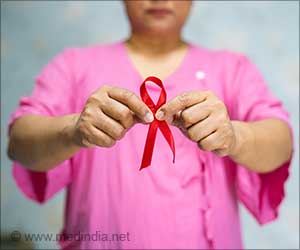A novel finding by Australian researchers could pave way for an improvement in the treatment of non-small cell lung cancer.
A novel finding by Australian researchers could pave way for an improvement in the treatment of non-small cell lung cancer, a type of lung cancer with a high mortality rate. The promising study has been conducted on over 2000 patients with a definitive diagnosis of lung cancer.
The study participants were diagnosed with an advanced disease, considered incurable. The average survival rate for these patients was projected to be less than 6 months. The patients had received low dose radiotherapy for symptomatic relief of pain and other symptoms.A substantial improvement in the survival rate was witnessed when a combination of radiotherapy and chemotherapy was given to such patients. Provision of both forms of treatment at the same time or with minimal time gap was found to have an enhanced toxic effect on the tumor.
Previous studies had already established that survival rate could be improved by a margin of 6 to 8 weeks when chemotherapy was instituted to non-small cell lung cancer as a result of smoking. Researchers from the Peter MacCallum Cancer Centre, headed by Prof Mac Manus documented a 1.1% survival rate (1 in 100) for 5 years. Surprisingly, some of them even survived for nearly 10 years.
The researchers are surprised regarding the unanticipated effect (long-term survival) of radiotherapy. The results of the study can be found in the latest edition of the journal Cancer. Following this interesting finding, the researchers recommend low dose radiotherapy to such cancer patients, to be given everyday for 1 or 2 weeks.
The researchers further intend to explore in detail the molecular mechanism associated with the carcinogenesis that would enable early identification of individuals who would benefit from such less invasive treatments. This could pave way for the advance in the currently existing treatment modality.
'The bottom line is that even patients generally considered as having incurable disease have some hope. Even that small window of hope can help people cope with things much better. But ... we need longer follow-up to recommend it as a standard treatment,' concluded Prof Mac Manus.
Advertisement











